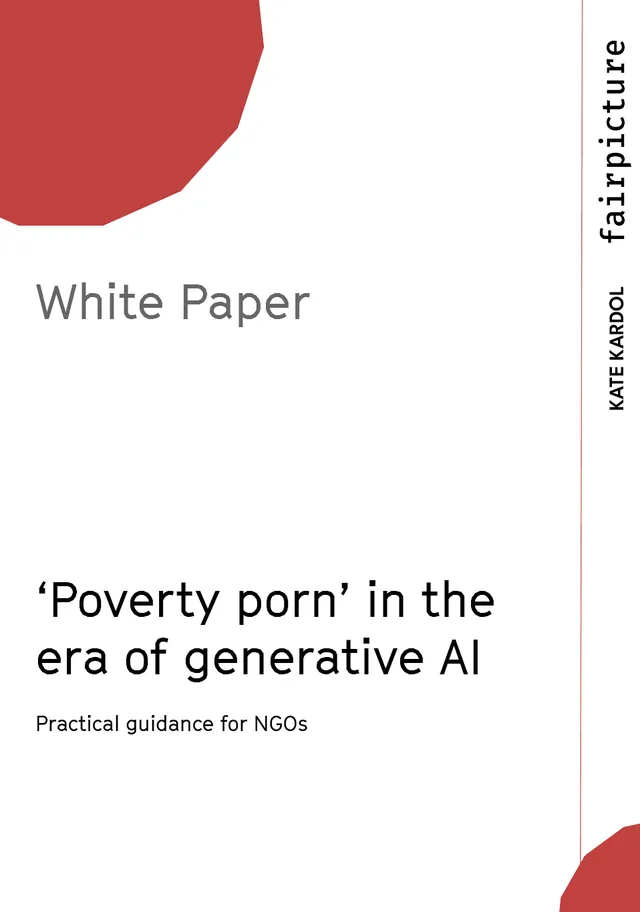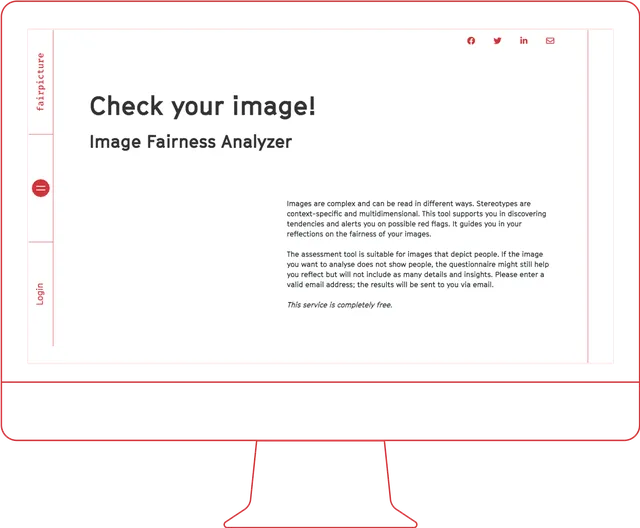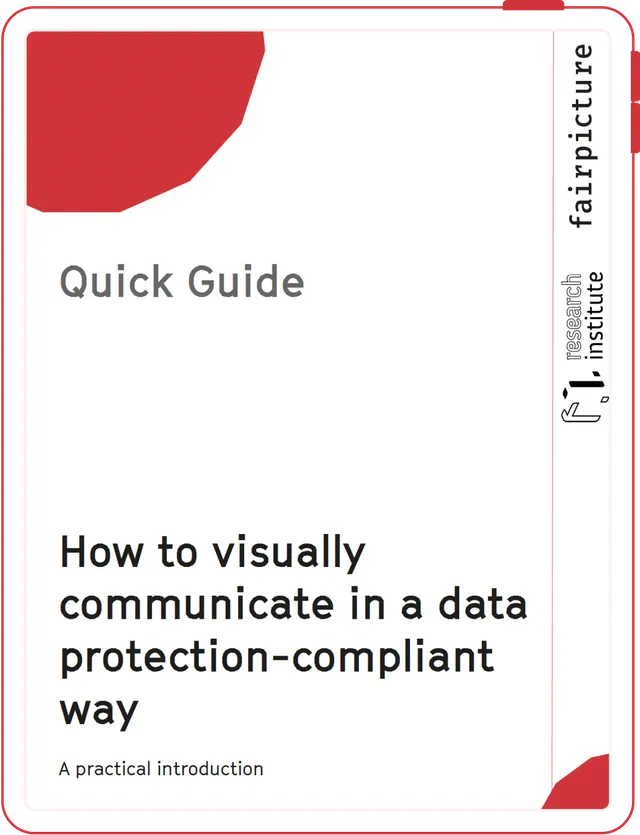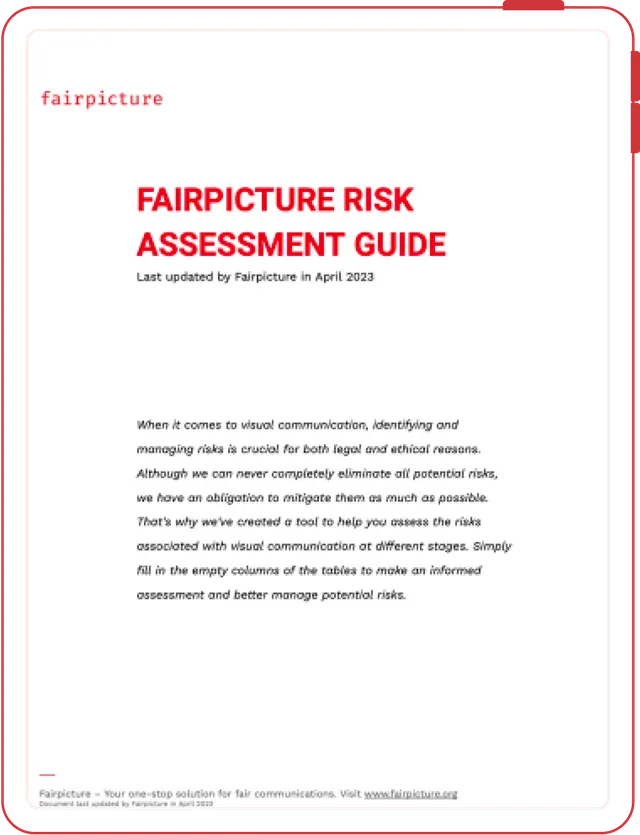Discover how AI-generated images can reinforce harmful ‘poverty porn’ tropes and undermine consent and safeguarding. This free guide offers NGOs clear, practical advice for using AI responsibly in visual communications.


We consistently work on improving our processes and tools so we can focus on the things that really matter: establishing relationships and having the time and space to delve into deeper stories. We share these tools with you for free because we believe they strengthen the movement for ethical storytelling. Learn how to critically review images, conduct proper risk assessments, handle data protection requirements, and more.
Discover how AI-generated images can reinforce harmful ‘poverty porn’ tropes and undermine consent and safeguarding. This free guide offers NGOs clear, practical advice for using AI responsibly in visual communications.


Images are complex and can be read in different ways. Stereotypes are context-specific and multidimensional. To ensure an ethical use of your photos, this tool supports you in discovering tendencies and alerts you on possible red flags. It guides you in your reflections on the ethics of your images.


The introduction of the General Data Protection Regulation (GDPR) has brought about significant changes to data protection within the EU. In addition, the Data Protection Act, which will come into force in Switzerland on September 1, 2023, has triggered several inquiries. Fairpicture has collaborated with the renowned Austrian data protection research institute, the "Research Institute" in Vienna to provide you valuable guidance:


When it comes to visual communication, identifying and managing risks is crucial for both legal and ethical reasons. Although we can never completely eliminate all potential risks, we have an obligation to mitigate them as much as possible. That's why we've created a tool to help you assess the risks associated with visual communication at different stages:

